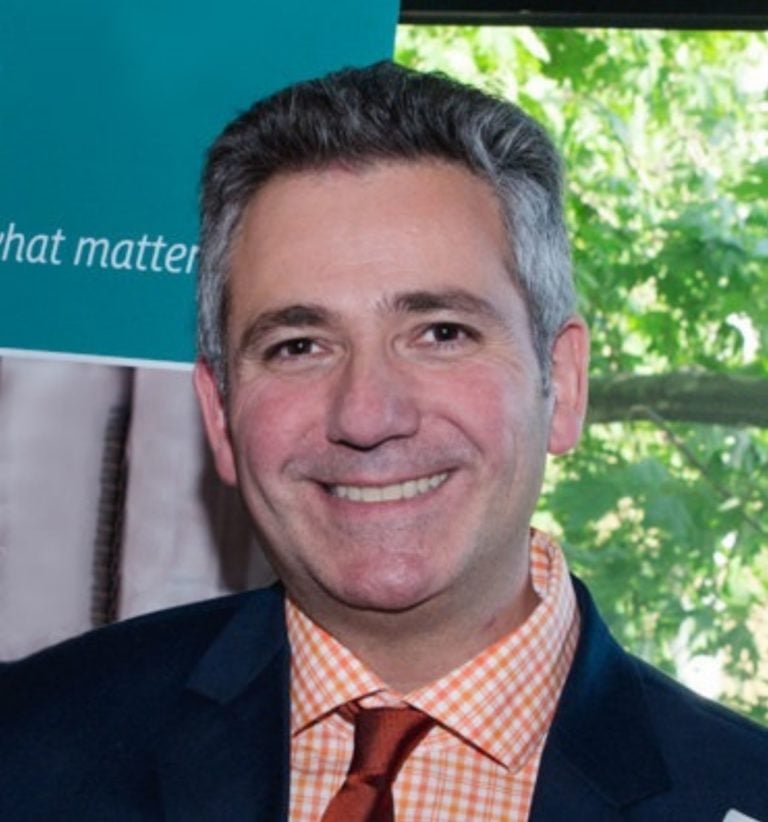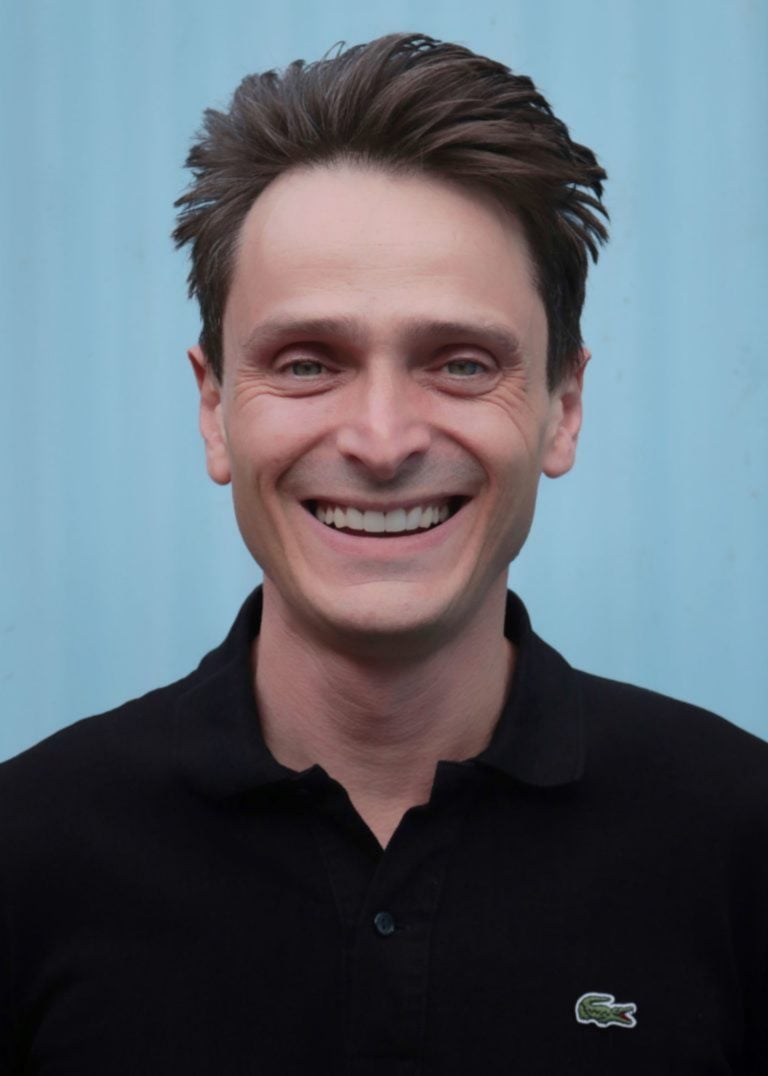Today is World Alzheimer’s Day and this year Dementia Australia’s action week campaign will focus on breaking down the stigma of living with dementia and “will demonstrate that many people living with dementia can continue to live well for many years after their diagnosis”.
Neos Kosmos spoke to clinical neuropsychologist Matthew Staios and psychiatrist Arthur Kokkinias to help us unpack the illness and how it impacts not only those diagnosed, but also their families.
What is it?
“Dementia is an umbrella term we use to describe brain degeneration. Under that umbrella sits a range of different conditions and Alzheimer’s is a form of dementia. So they’re not separate. You’ve also got Vascular Dementia, which is comes about as a result of stroke, or a Lewy body dementia or a Fronto Temporal Lobar dementia, so it’s the generic term we use to classify brain impairment,” Dr Staios said.
The disorder affects thinking, behaviour, the ability to perform everyday tasks and also interferes with a person’s normal working and social life.
READ MORE: Dementia Australia welcomes $1 million grant to keep elderly electronically connected
Getting an accurate diagnosis
Usually a relative will pick up on some of the hallmark symptoms of dementia in their family member, such as rapidly forgetting new information or spatial disorientation (not remembering how to get back home) and go on to encourage a trip to the GP.
“When GP’s refer off to have the diagnosis confirmed and to get treatment instigated, the three specialists that can be involved can be a geriatrician, a neurologist or a psychiatrist. And these three specialists can make the diagnosis and begin treatment with the medications that are available. And then usually it’s the GP that will be the ongoing medical follow up. But there’s also lots and lots of other services involved when there is dementia and often the non medical bits can be just as important,” Dr Kokkinias explained.
However, there are instances where other illnesses can present as symptomatic of dementia but end up being something else.
Dr Kokkinias said that at times patients are found to have “pseudodementia” which is actually depression. Often symptoms of depression can be confused for early stages of dementia.

Symptoms and other effects
The most commonly known symptom of dementia is the rapid loss of short term memory.
Dr Staios notes that as time goes on more severe symptoms arise such as:
- Spatial disorientation and not being able to work out where they are (eg. Driving to a specific place and may not be able to make it back home)
- Breakdown in semantic knowledge (Our understanding of the world, eg. a fork, what it’s called and used for)
- Breakdown in personality and social skills (Becoming suspicious eg. thinking someone has come into their homes to steal something, but instead have misplaced it)
Dr Kokkinias said that all in all, the deterioration of the brain means that almost anything can become an issue.
“Anything that can go wrong with your thinking can go wrong in dementia, anything that can go wrong in the way you feel can go wrong in dementia and anything that can go wrong with behaviour can do wrong in dementia,” he said.
Dr Kokkinias also notes how aside from the aforementioned symptoms, another major worry are suicidal thoughts in individuals who are diagnosed.
“Suicide is more common than people think in the older age group (65 years and up) and it’s mixed in with a lot of things. One of these things are when people have some sort of illness, whether it’s physical or something like dementia and they just can’t cope with the idea of it and become really depressed and despondent and say ‘I can’t deal with this’,” he said.

How it impacts the Greek community
Dr Staios has been doing extensive research in finding out why Greek immigrants are often misdiagnosed or not accurately diagnosed with dementia.
His studies found that due to a lack of understanding of the test material, patients were not given the correct information.
“Some of the issues I found in my research, elderly Greeks, with the current data we have from the United States if we compare them with someone who’s educated and speaks English, if an interpreter is used they’re much more likely to be misdiagnosed. I think a lot of the elderly Greeks here and in America and Canada and wherever other pockets of Greeks reside, who left in the 1940s, 50’s and 60s had a very low level of education, a very inconsistent level of education.
If you consider the wars they went through the civil war, there’s really no comparison to be made in term of educational quality compared to Western first world standard,” Dr Staios explained.
Dr Staios has been in the process of developing over 20 new tests to be launched along with his research sometime next year.
These new tests will ensure that the content will be culturally appropriate and understandable for elderly Greek-Australians, who often may not understand the concepts of those in Western standard tests.
READ MORE: Why Greek Australians are up to three times more likely to be misdiagnosed with dementia
How it impacts families
At times when a person is diagnosed with some form of dementia, shock and denial commonly arise in not only the individual but also their family members. What is important to remember is that these emotions are normal.
“I think there’s that anticipation of grief where you see a person go through this process and try to support them and watching a loved one break down into someone they don’t recognise anymore, that’s always quite a challenge,” Dr Staios said.
Behavioural changes can also bring up challenges and tension between family members.
“People who have psychiatric illnesses can experience seeing things or hearing things or becoming really paranoid, that’s a common part of dementia as they progress as well…people can start to believe that their loved one is hiding money from them or their son is coming in and taking their jewelry. You can imagine then that if you have those sort of things happening in a family, how much more distressing it is by not only having someone who is deteriorating in the family but making accusations or wanting to leave the house and getting lost,” Dr Kokkinias said.
Finding care and reaching out for support can be tough, but it is vital to everyone’s mental health throughout the years of living alongside someone with dementia. However there can be a bit of push back.
“The bigger part of my work is dealing with the family and getting them used to the idea of what it’s about and make adjustments. It’s also a time to encourage them as much as possible for services to become involved. A lot of the older Greek community are reluctant to have strangers coming into their home to assist them and that’s a big deal,” Dr Kokkinias said.
Services
Although there is still plenty to be done in the area of having ongoing services such as memory clinics for culturally and linguistically diverse communities in Australia, there are some places you can head to in order to get the ball rolling.
“Linking in with supports is really important particularly in the initial stage. There is something we can do to support both caregivers and the patient at any stage of the disease,” Dr Staios said.
At times, services can also help caregivers maintain their own wellbeing.
“Services can be as simple as a carer coming in for a person with dementia so that the spouse can go and have two hours off to do the shopping or to spend time with someone else for their own mental health,” Dr Kokkinias said.
For more information and support services you can call the National Dementia Helpline on 1800 100 500, or visit their website.
You can also visit the My Aged Care website to help find and access the government-funded services.